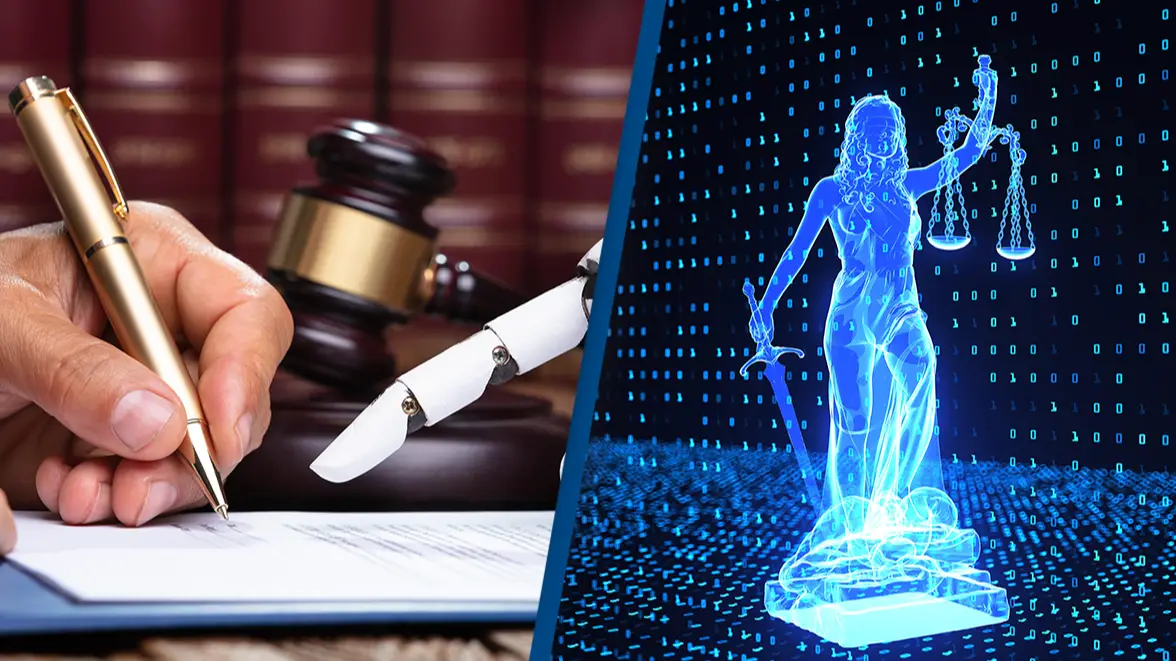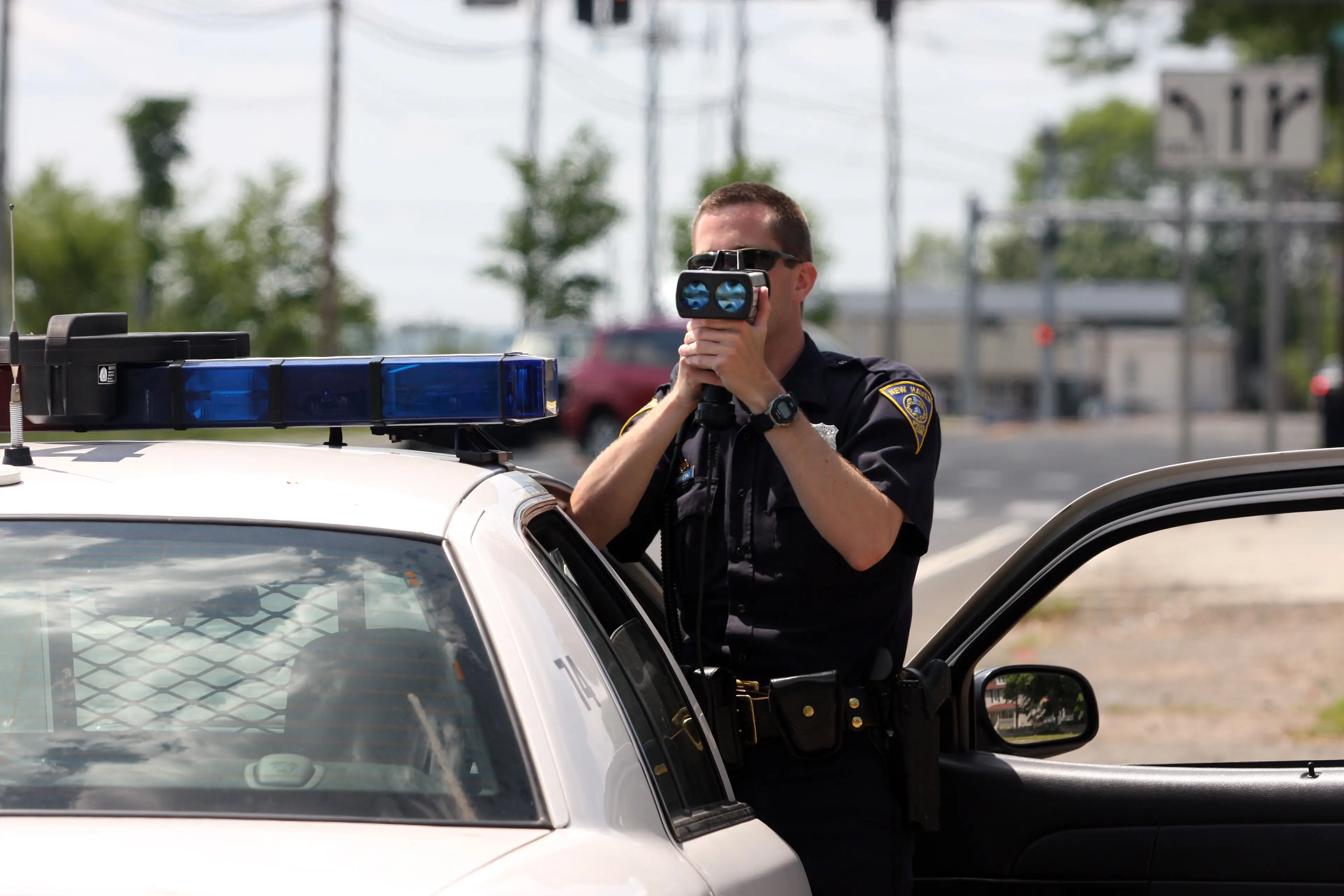
The CEO of DoNotPay has spoken out about why human lawyers should be replaced by the company's 'world-first robot lawyer'.
DoNotPay - a legal services chatbot - was founded by Joshua Browder in 2015 and is now 'the home' of what it claims is the 'world's first robot lawyer'.
Browder has high hopes for the Artificial Intelligence, with the robot expected to advise a defendant in February over a speeding ticket.
Advert
But what's the future of the 'world's first robot lawyer' and what does this mean for human lawyers?
The AI used in the speeding ticket case is set to run via a smartphone and the defendant will listen to the robot via headphones.
The New Scientist reports that the AI will listen into proceedings and then, after processing and analysing the information - opposed to reacting to all of the information - will advise the defendant on how best to proceed with the case.

Browder has reportedly promised the defendant if the AI doesn't help them win the case, DoNotPay will cover the cost of any fines they receive.
The defendant's identity has not yet been publicly released and details of the case are limited.
The premise of DoNotPay is to aid people in 'fight[ing] corporations, beat[ing] bureaucracy and su[ing] anyone at the press of a button'.
The company's mission reads: "DoNotPay utilizes artificial intelligence to help consumers fight against large corporations and solve their problems like beating parking tickets, appealing bank fees, and suing robocallers.
"DoNotPay’s goal is to level the playing field and make legal information and self-help accessible to everyone."

If the AI proves successful in the speeding ticket case, Browder hopes the 'world's first robot lawyer' could replace human lawyers.
Why? To save people the financial costs of hiring a lawyer.
According to Drive Protect, in the UK, the cost of hiring a lawyer to defend against a speeding ticket can cost anywhere between £200 to a hefty £1,000, depending on the circumstances surrounding the driving offence.
And in the US, attorney fees can 'quickly jump to $900-$2,000 or more to contest a speeding ticket and can run $2,000-$5,000 and up for a more complex traffic case that goes to trial. A lawyer may charge a flat fee for a specific type of case or an hourly rate of $100-$300 or more', as per Personal Finance.
Browder told New Scientist: "There’ll still be a lot of good lawyers out there who may be arguing in the European Court of Human Rights, but a lot of lawyers are just charging way too much money to copy and paste documents and I think they will definitely be replaced, and they should be replaced."
Browder believes a good defence is 'all about the language' - language of which lawyers 'charge hundreds or thousands of dollars an hour'.
The speeding ticket case will subsequently test whether an AI can emulate such language - as accurately and successfully - instead.
Inspired by his own issues with parking tickets and finding loopholes to get out of the fines, Browder created the AI to analyse the legal problem, find a loophole and formulate it into a legal letter.
He resolves: "The goal of this company is to make the $200 billion legal profession free for consumers."
Topics: Technology, Science, News, World News, Crime, True crime